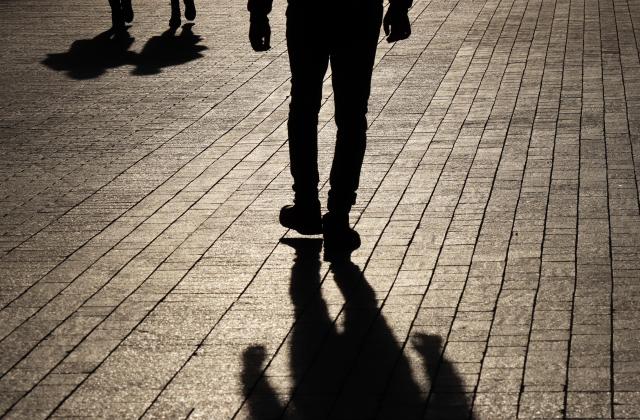So, what can countries do? How can governments better support victims? How can victims get justice?
On Friday 19 February, FRA will present and discuss the results of the first-ever EU-wide survey on crime victimisation. It promises key insights that will guide policy-makers in shaping their victim support measures.
Watch the recording below and on FRA’s Facebook and YouTube channels >>
The FRA survey details the experiences and opinions of 35,000 people from 29 countries. It gives the most detailed picture ever of crimes ranging from violence and harassment to burglary and online fraud.
FRA also breaks down the results by gender, age, income and educational level to help identify and support those most at risk.
FRA Director Michael O’ Flaherty opens the event.
A presentation of the results and live debate will then follow with:
- Joanna Goodey, Head of Research and Data Unit, FRA
- Katarzyna Janicka-Pawlowska, EU victims’ rights coordinator, European Commission
- Antony Pemberton, Professor of Restorative Justice at KU Leuven, Belgium and Professor of Victimology, Tilburg University, the Netherlands
- Anu Leps, Criminal Policy Adviser, Estonian Ministry of Justice
The event takes place before 22 February, European Day for Victims of Crime. It will feed into the European Commission Victims’ Rights Platform meeting on 23 February.
The platform is part of the EU’s first-ever EU strategy on victims' rights (2020-2025). The strategy aims at ensuring that all victims of all crime can fully rely on their rights, no matter where in the EU or under what circumstances the crime took place.
